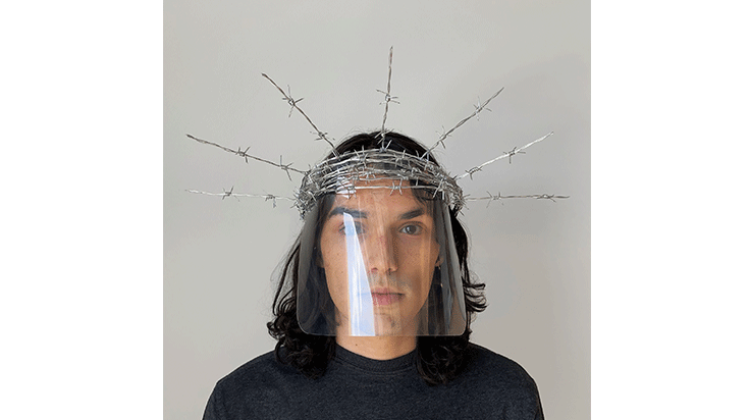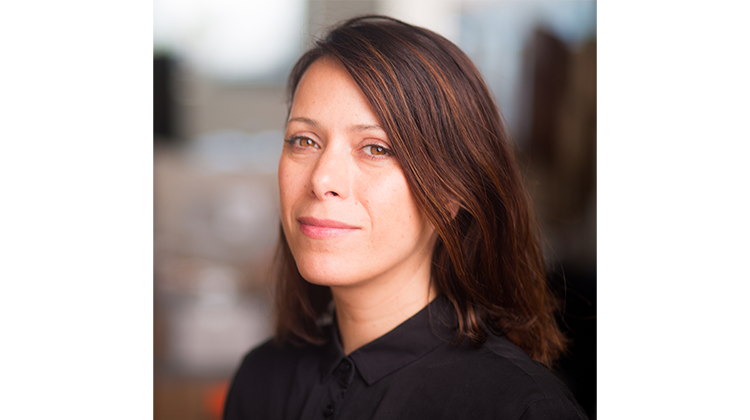4.314
4.315
Advanced Workshop in Artistic Practice and Transdisciplinary Research
Cancelled
4.314 U / 4.315 G
Subject canceled for Fall 2023
Fall
2023
3-3-6
U
3-3-3
G
Prerequisites
4.301 or 4.302 or permission of instructor
Restricted Elective
Architecture minor
Enrollment
Limited to 20
HASS
A/E
Lab Fee
Per-term $75 fee after Add Date; SMACT students are exempt
Can Be Repeated for Credit
No






